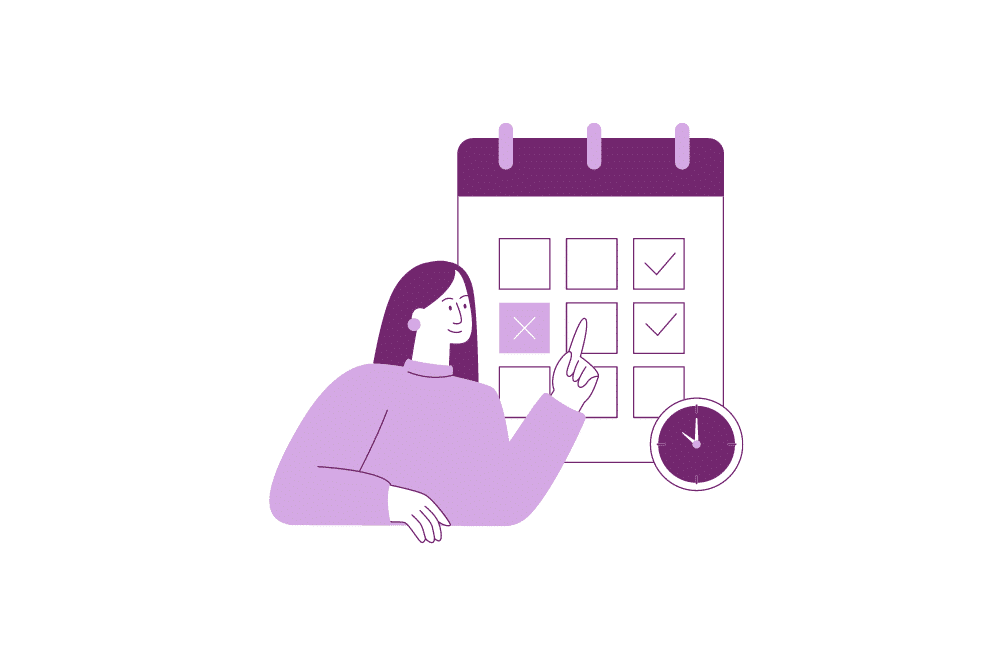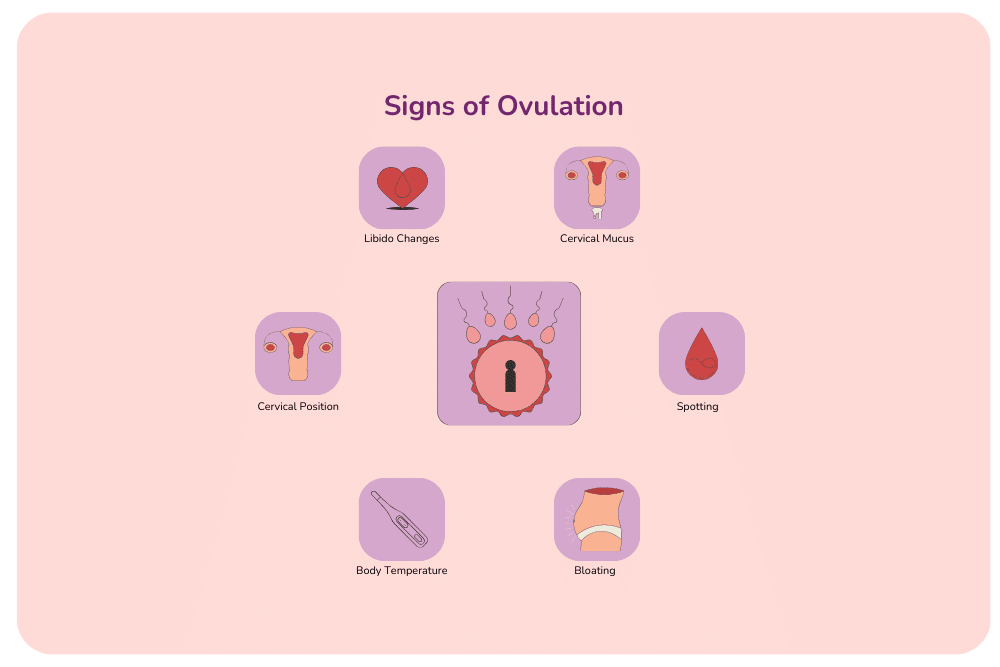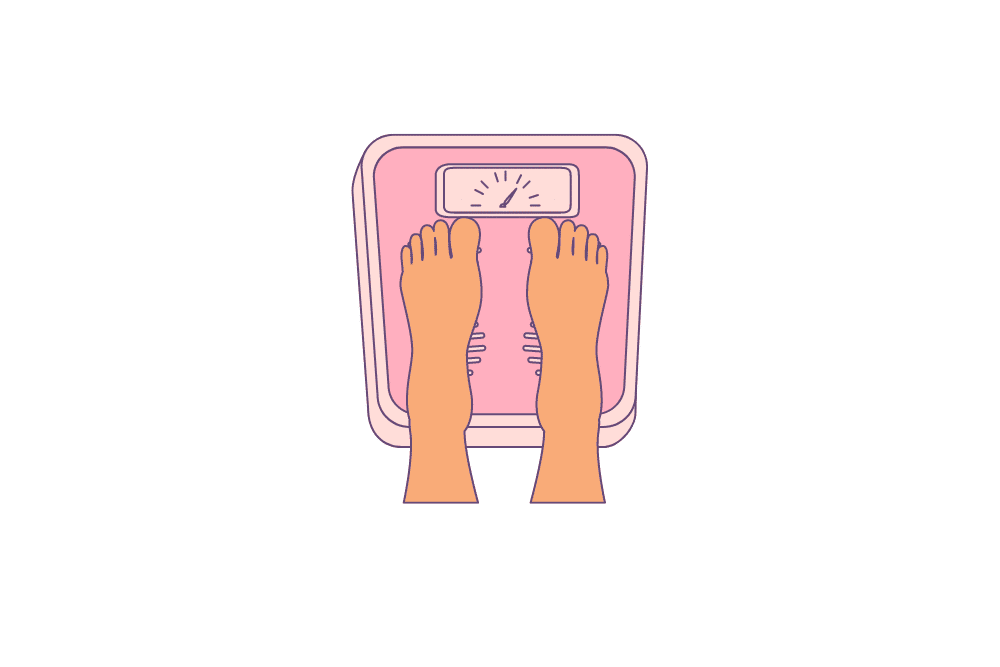The morning-after pill, a go-to for unexpected contraception hiccups, typically remains active in your system for a few days, gradually dissipating within 24 to 48 hours post-consumption.
It offers a temporary solution for unplanned situations, such as unprotected sex or contraceptive failure. So, let’s unpack how this emergency contraceptive works and how it interacts with your body.
How Does the Morning After Pill Work?
The morning-after pill works primarily by preventing or delaying ovulation (the release of an egg from the ovary). This means that if sperm are already in the reproductive tract, they won’t have an egg to fertilise, thus preventing pregnancy.
There are different types of morning-after pills available, but most contain a synthetic hormone called levonorgestrel. Levonorgestrel is a progestin hormone that is also used in some regular birth control pills, albeit in different doses. When taken as an emergency contraceptive, it works to inhibit ovulation and thicken cervical mucus, making it more difficult for sperm to reach an egg if ovulation has already occurred [1].
It’s important to note that emergency contraception effectiveness is not 100% and it is most effective when taken as soon as possible after unprotected intercourse. Additionally, it does not terminate an existing pregnancy. If fertilisation has already occurred and the embryo has implanted in the uterus, the morning-after pill will not be effective in preventing pregnancy.
Duration in Body
The emergency contraceptive pill isn’t a long-term guest; it’s more of a weekend visitor. Typically, it stays in your system for about 1-2 days. That’s enough time for it to do its magic and bid farewell, leaving you to get back to your usual routine.
Factors Affecting Effectiveness

The morning after pill’s stay can be influenced by various factors. Body weight, metabolism, and the timing of when you took it can all play a role in how long it lingers. So, while it might clear out faster for some, it might hang around a little longer for others.
Body Weight
Body weight plays a significant role in determining how quickly the morning-after pill is metabolised. Individuals with higher body weights may process the medication differently than those with lower body weights, potentially affecting its duration of effectiveness.
Metabolism
Metabolism also affects how quickly the morning-after pill is metabolised and eliminated from the body. Individuals with faster metabolic rates may clear the medication more rapidly, leading to a shorter duration of effectiveness. Conversely, those with slower metabolism may experience a longer presence of the medication in their system.
Timing of Consumption
The timing of when you take the morning-after pill can impact its duration of effectiveness. Taking the pill closer to the moment of unprotected intercourse may result in a shorter stay in your system, as there is less time for it to be absorbed and processed. Conversely, taking it further away from the event might extend its presence in your body.
Individual Variations
Individual differences play a key role in how long the morning-after pill remains effective. While it typically clears out within 1-2 days for many individuals, variations in body weight, metabolism, and timing of consumption mean that its duration of effectiveness can vary. It may clear out faster for some individuals while lingering longer for others.
Side Effects of Emergency Contraceptive Pills
When considering the potential side effects of the morning-after pill, it’s important to acknowledge that, like with any medication, there may be some unwelcome effects [2]. These can include:
Nausea: Some individuals may experience feelings of nausea after taking the morning-after pill. This sensation can vary in intensity from mild discomfort to more pronounced queasiness.
Headaches: Headaches are another possible side effect that individuals may encounter. These headaches can range from mild to moderate in severity and may be accompanied by other symptoms such as sensitivity to light or sound.
Changes in Menstrual Cycle: The morning-after pill can also lead to alterations in your menstrual cycle. This might manifest as irregular bleeding or spotting between periods. In some cases, your period might arrive earlier or later than usual.
Fatigue: Some individuals may feel unusually tired or fatigued after taking the morning-after pill. This can manifest as a general sense of low energy or increased drowsiness.
Breast Tenderness: Changes in hormone levels triggered by the morning-after pill may cause temporary breast tenderness or sensitivity in some individuals.
Abdominal Pain or Cramping: You might experience mild to moderate abdominal discomfort or cramping as a side effect of the morning-after pill. This can occur due to changes in hormone levels or as a result of gastrointestinal effects.
Dizziness: Feeling lightheaded or dizzy is another potential side effect of the morning-after pill. This sensation can be mild or more pronounced and may occur shortly after taking the medication.
It’s important to note that while these side effects can be unpleasant, they typically clear up fairly quickly on their own. However, if you experience severe or persistent symptoms, consult a healthcare professional for further guidance and support.
When to Take Emergency Contraception Pills

When it comes to emergency contraception, timing is everything. The effectiveness of the morning-after pill is maximised when taken as soon as possible after unprotected intercourse. Ideally, you should aim to take the emergency contraceptive pill within 72 hours after unprotected sex for optimal effectiveness. However, it’s essential to note that the sooner you take it, the better your chances are of preventing pregnancy.
Here’s a breakdown of the timing considerations:
Within 72 Hours
Emergency contraception pills are most effective when taken within three days after unprotected sex. Taking it within this timeframe significantly reduces the risk of pregnancy.
As Soon As Possible
While the window of effectiveness extends to 72 hours, it’s important to act promptly. Taking the pill as soon as possible after unprotected intercourse enhances its efficacy and reduces the likelihood of pregnancy.
Beyond 72 Hours
While the emergency contraception pill can still be taken up to five days after unprotected intercourse, its effectiveness diminishes over time. Waiting beyond 72 hours increases the risk of pregnancy, so it’s best to take it as early as possible within the prescribed time frame.
Frequency of Use
While the morning after pill is a great backup plan, it’s not meant to be your regular contraceptive method. Think of it more like your emergency parachute – it’s there when you need it, but it’s not for everyday use. Regularly relying on it can throw your hormonal balance off-kilter.
Safe and Effective Usage Tips
Here are some golden rules for using the morning after pill:
Keep it on hand for emergencies, but don’t make it a habit.
Read the instructions carefully and follow them to the letter.
If you’re unsure about anything, don’t hesitate to consult with a healthcare professional.
Remember, knowledge is power, and being informed about your options is key to making the best choices for your body.
Interactions with Other Medications
Just like mixing cocktails, mixing medications can lead to unexpected results. Some drugs, like certain antibiotics, might interfere with the morning after pill’s effectiveness. Always check with your healthcare provider if you’re taking any other medications to ensure there are no unwanted interactions.
So there you have it. The morning after pill might not stick around for long, but its impact can be significant. Remember to use it wisely, keep yourself informed, and don’t hesitate to reach out for guidance when needed.
Ready to take charge of your reproductive health? Whether it’s emergency contraception or the regular birth control pill, knowing your options puts you in the driver’s seat.
References:
Health Direct. ‘Morning after’ pill (emergency contraception pill) [internet]. 2023 [cited 28 August 2024]. Available from: https://www.healthdirect.gov.au/morning-after-pill
Cleveland Clinic. Morning-After Pill [internet]. 2022 [cited 28 August 2024]. Available from: https://my.clevelandclinic.org/health/treatments/23386-morning-after-pill





